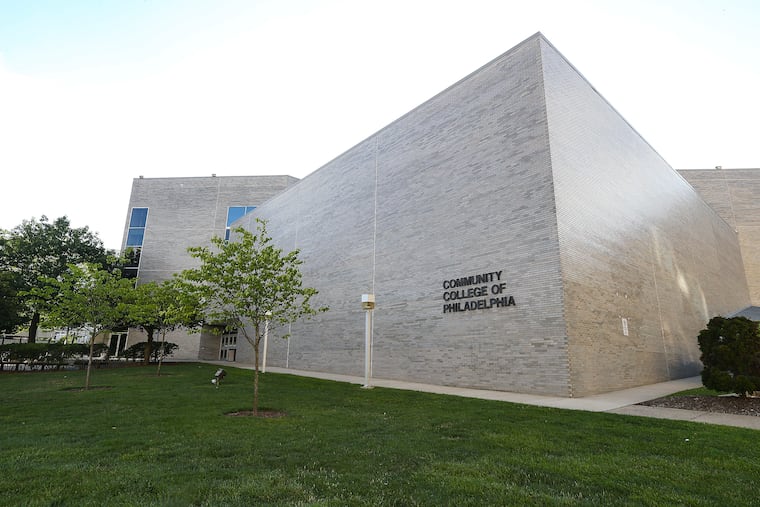Pennsylvania community colleges strike out-of-state deal but need stronger in-state options | Opinion
Pennsylvania just gave students another reason to finish degrees out-of-state, rather than here.

Communities across Pennsylvania are struggling due to shortages of nurses, accountants, computer systems analysts, dental hygienists, and many other middle skill jobs requiring bachelor’s degrees. At the same time, many of the state’s public colleges and universities are facing declining enrollment. This conundrum is not due to a lack of interest in college among Pennsylvania residents, but rather because far too many people are being priced out of public higher education.
Last week, the Pennsylvania Commission for Community Colleges announced an agreement that will offer students the option to pursue their bachelor’s degrees through a private online New Hampshire university, rather than at in-state universities. Southern New Hampshire University is able to beat the price of nearly every Pennsylvania university for one simple reason: the Pennsylvania legislature has defunded universities, giving them no choice but to reduce educational quality or hike tuition. This move effectively ensures that Pennsylvania is “open for business” to private competitors.
This is both intentional and predictable. For years, policy analysts and researchers have pointed out Pennsylvania’s dramatic disinvestment in higher education and warned of its consequences. Rural communities around the state have suffered as 18 counties lack any local college at all, and broadband access continues to fall well short of the requirements for high-quality online education. (Not to mention that students with fewer academic advantages struggle the most in online education.)
When people live in communities deprived of the many cultural and social activities that colleges bring, and they cannot secure the education needed to get a raise, they come to resent higher education and question its value. This is part of a vicious cycle that contributes to further reductions in state support for higher education.
As Pennsylvania has abdicated its responsibility for funding higher education, it has correspondingly failed to hold its colleges and universities accountable for collaborating. The community college association’s latest move felt necessary to its leadership because far too many of its graduates lack opportunities for a seamless and affordable transfer to one of the state’s bachelor’s degree granting institutions. Rather than accepting credits earned at community college, many universities are turning students down, making them retake already-completed courses and wasting their valuable time.
Other states are smoothing transfer pathways with legislation that provides both carrots and sticks to help institutions work together to do the right thing. But Pennsylvania has yet to propose such legislation and has little standing with which to do it since it provides an ever-diminishing contribution to universities’ budgets.
This new competition from Southern New Hampshire University might help a few community college students who face no other alternatives. But it is not going to help most Pennsylvanians, as it simply lets both the state and the public universities off the hook for their obligation to support the education required to have healthy communities.
We are eating our seed corn in Pennsylvania, undermining the ability of our citizens to access good and stable jobs simply because we are told it will save us on taxes in the short term. Education has a strong return on investment, and it works best when states invest in keeping their college graduates in-state. We need to ensure that our public universities are financially healthy and serving our communities well; it is time to demand that our legislators make that happen.
Sara Goldrick-Rab is founding director of the Hope Center for College, Community, and Justice at Temple University.